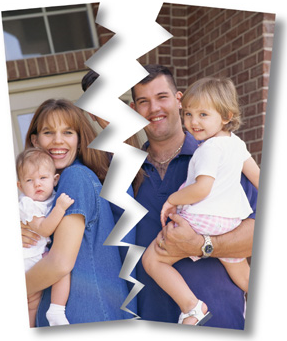
The Bench
“Please,” the man said, “if you wouldn’t mind,”
And at first I believed he was thoughtful and kind
He pondered a moment, then pointed to where
A rustic old bench sat under the stair
“There are others whose dress is better selected
Whose hair and accoutrements are more keenly collected
But you may observe and keep watch from that place
A distance apart from the revelers’ gaze”
Although his words pierced as a sword through my soul
I timidly moved to my place in the hole
Knowing I never would join in the fray
And the bench became my companion that day
My ragged appearance could not match the rest
Yet my heart beat the same inside of my chest
As I stroked the rough planks of the bench where I waited
My dream of acceptance would not this day be sated
Countless long hours the bench was my friend
Neither shame nor my loneliness came to an end
For my eyes held no beauty, my gait showed no grace
The bench’s cruel judgment was etched on my face
‘Til the moment a man came, looked into my eyes
Smiled, took my hand in His, to my surprise
He led me so tenderly, whispered, “There’s more,”
And I feared He might ask me to sit on the floor
I could not still my heart from its penitent race
As He tenderly pulled back the hair from my face
“You are lovely,” He said. “It is so clear to Me,
You are patient and gentle and kind as could be.”
I gasped in His presence, it was clear He had seen
Every tear I had wept, every anguishing dream
And He smiled and He pointed to the front of the hall
Before all of the guests who had come to His ball
“You will never again sit away from the throng
On that horrid old bench where you do not belong
For you are My princess, honored and blessed
From now ‘til forever you’ll be properly dressed
“You have not been forgotten, you have not been alone
I have seen you seated back there from My throne
Receive all I have for You, My darling, My prize
Today I will relish the light in your eyes”
How tragic to see, if I only had known
The bench was a stop on my way to His throne
I’d have held my head high, been proud of my name
For the bench and my value were never the same.


 Can the abuser change? The short answer: Yes.
Can the abuser change? The short answer: Yes.
